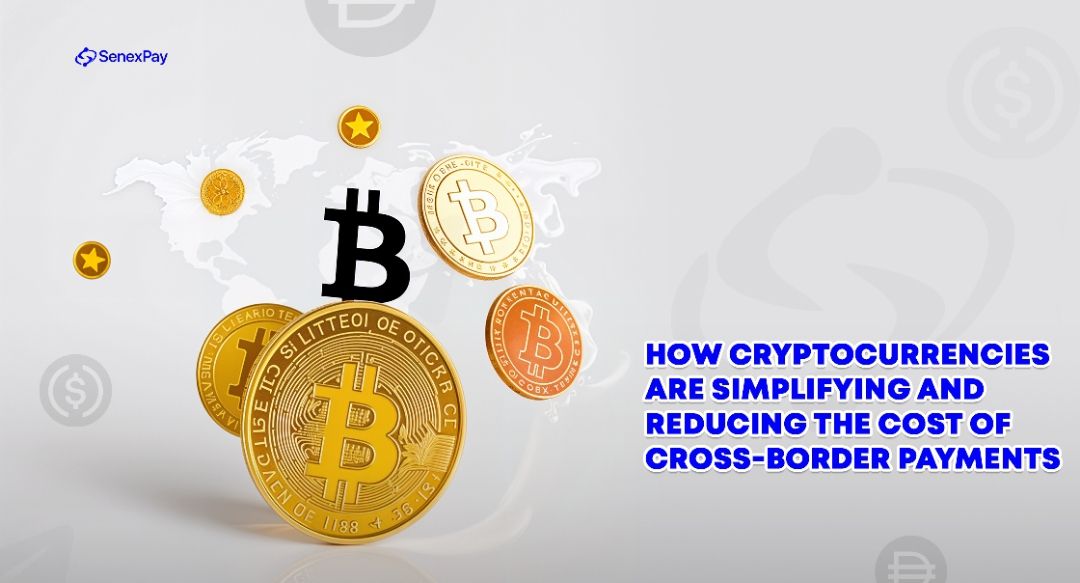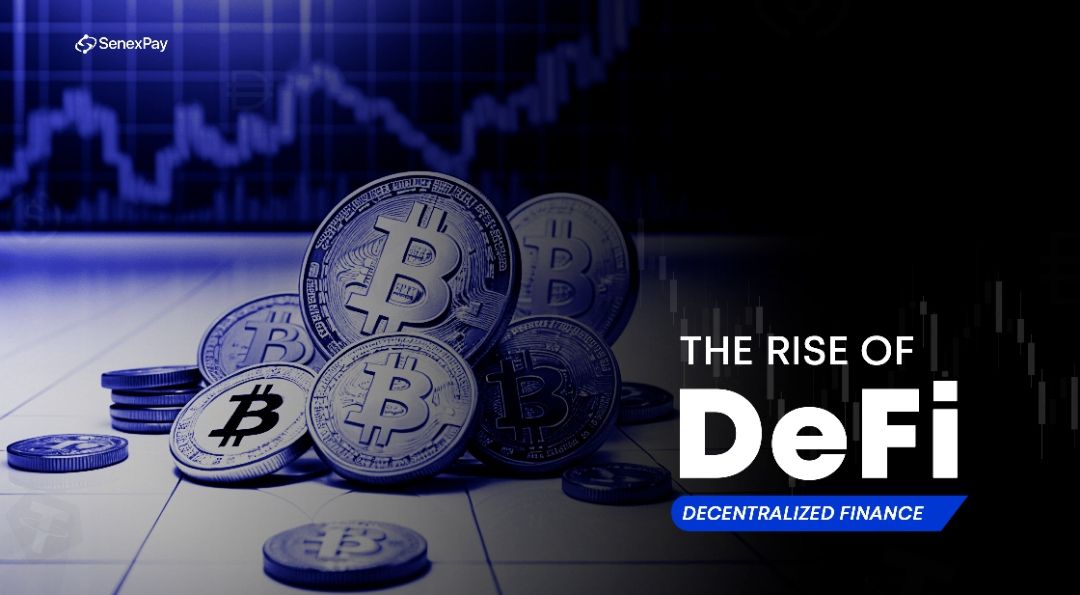You will agree with me that in the world today, cross-border payments are a crucial aspect of global trade, remittances, and personal transfers. However, the traditional financial systems used for these transactions often present challenges such as high fees, slow processing times, and complexities in dealing with different currencies and banking regulations.
Cryptocurrencies like Bitcoin (BTC), Ethereum (ETH), and stablecoins such as USD Coin (USDC) or Tether (USDT) are changing the game by simplifying the process of sending money across borders. Here’s how:
1. Lower Transaction Fees
Cross-border payments often come with high intermediary fees, while cryptocurrency transactions are processed on decentralized networks, reducing the need for middlemen. For example, transferring Bitcoin from one country to another involves minimal fees, often just a fraction of what a bank would charge.
Cryptocurrencies also allow peer-to-peer (P2P) transactions, meaning users can send money directly to one another without relying on a central authority. This further reduces costs, especially for remittances.
2. Faster Processing Times
We all know that bank transfers can take days, but cryptocurrency transactions are often completed within minutes or hours, depending on the blockchain network used. For instance, Bitcoin transactions typically take 10 minutes to confirm, while newer blockchain networks such as Solana or Polygon can process transactions in seconds.
The speed of cryptocurrency payments can be a significant advantage for businesses that need to manage cash flow efficiently or for individuals who need to send emergency funds across borders.
3. No Need for Currency Conversion
For example, a sender in one country can send Bitcoin to a recipient in another country, who can then exchange it into their local currency or keep it in Bitcoin. This eliminates the need for multiple conversions between different national currencies, avoiding exchange rate fluctuations and additional costs.
4. Financial Inclusion
Cryptocurrencies are particularly useful in regions where traditional banking infrastructure is limited. In places where people have access to the internet but not to banks, cryptocurrency wallets can provide a way to participate in the global economy. Anyone with a smartphone can receive, hold, and send cryptocurrencies without needing a bank account or formal ID.
This opens the door for millions of people to access affordable financial services and participate in global commerce, which was previously out of reach due to geographic or regulatory barriers.
However, cryptocurrencies can present many advantages for cross-border payments, but there are still some hurdles to overcome;
1. Regulatory Issues: Many governments are still figuring out how to regulate cryptocurrencies, which can create uncertainty for businesses and individuals looking to use them for cross-border payments.
2. Volatility: Although stablecoins help mitigate this issue, many cryptocurrencies are still subject to price volatility. This makes them less attractive to users who want to ensure the value of their funds remains stable.
3. Adoption Barriers: Despite their benefits, cryptocurrencies have not yet been adopted on a mass scale for cross-border payments. Many people are unfamiliar with how to use them, and there are technical challenges such as ensuring network security and handling large transaction volumes efficiently.
Cryptocurrencies are simplifying and reducing the cost of cross-border payments in ways that traditional financial systems struggle to match. By eliminating intermediaries, lowering fees, and enabling faster transactions, they are providing a compelling alternative for individuals and businesses alike.
As more people and institutions adopt cryptocurrencies and stablecoins, we can expect the landscape of international payments to continue evolving, creating a more efficient and inclusive global financial system.





